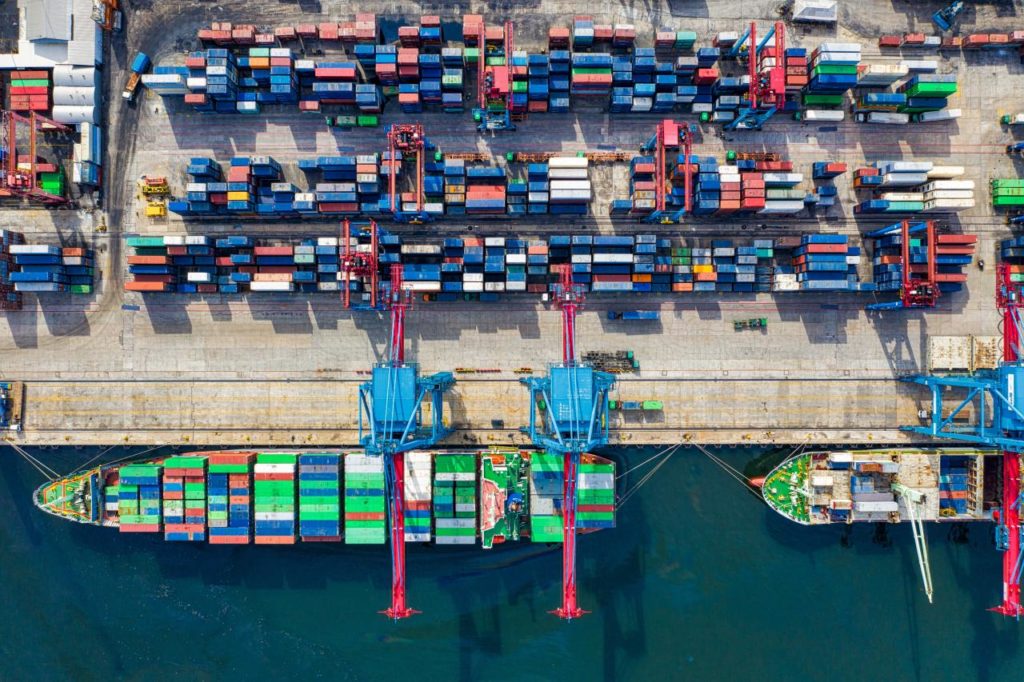|
Getting your Trinity Audio player ready...
|
Keen China spotters will this week have been surprised by the government’s postponement of its growth figures for the Chinese economy. Scheduled for publication on the 18th of October, third-quarter GDP data has been delayed indefinitely, as rumors of a financial crisis circulate. The unusual move follows disappointing year-on-year growth of 0.4% in the second quarter and comes ahead of the Communist party’s quinquennial congress which is likely to result in a further term for President XI Jinping.
Expectations are that the figures will mark an improvement as the world’s second-largest economy emerges from a Covid slump. Whatever the motive for the delay, these numbers will be reflective of the weather, not the climate – China’s significant structural growth challenge is belied by the anticipation of better numbers in the short term.
That’s not to say the weather isn’t important, as China’s stringent Covid measures have sapped growth from the economy. Estimates by Goldman Sachs indicate that cities comprising as much as 25% of China’s GDP remain under some sort of restriction. These limits on human and therefore economic activity have deterred investment and aggravated an already tumultuous housing market.
Last year, Evergrande, one of the country’s largest property developers, failed to pay back its bonds, leaving houses unfinished and customers boycotting their mortgages. This came at the end of an extended period of building outstripping demand, now coming home to roost as house prices are falling at their fastest rate for seven years. The demand side shortage is so stark that China is taking to demolishing entire so-called ‘ghost cities’, and according to the Telegraph could level enough accommodation as would house 75 million people.
China’s export-rich economy
That said, China has been able to ride out the worst of the pandemic on the strength of its exports, but a cooling of the global economy is set to put exports on ice. An emerging cost of living crisis in the West – combined with political pressure to onshore manufacturing and an escalating trade war spearheaded by the USA – will be enough to make a significant dent in Chinese exports in the mid to long term.

The present turmoil is not an aberration on the road to exponential growth, but a series of peaks and troughs that narrate a longer decline. The Hang Seng index, the main indicator of Chinese large-cap stock performance, peaked in 2018, and as of the 20th of October, is at its lowest level since April 2009. The CSI 300 dropped by 2% this week, reflecting market expectations of slower growth – and not much helped by the US plans to block China from importing US-made semiconductors. The downward trend can be read as an acknowledgment by the market that the years of 10% growth in china’s economy are a thing of the past.
Why is China’s economy in decline?
The reasons for China’s decline are manifold, and will be subject to debate for years to come – but at this early stage, it’s clear they are, at least in part, self-inflicted.
In 1980 China introduced the one-child policy as a means to constrain its own rapidly growing population. The policy ended in 2016, but its effects didn’t – with China’s population set to begin declining from 2023 to 2025, according to a paper published in the Social Science Journal. On present trends, the Chinese population will have by the end of the 21st century declined to its 1970 level of 800 million. Compounding the downward trajectory is the disproportionate number of males – a legacy of the one-child policy that incentivised the termination of female pregnancies so male children could work in agriculture and support their families.
China’s demographic future will be defined by a growing elderly population, and a shrinking young population, posing economic challenges familiar to Europe of rising pension and care costs, and a shortage of labour. Considered – crassly – as economic units, a decline in the population simply represents a decline in economic activity.
As the Communist Congress convenes this October, these constitute some, but by no means most, or even many of the issues the government will be looking to navigate around. With the Yuan hitting a 14-year low last month, youth unemployment rising, and zero-Covid policies working as a drag anchor, there are many hurdles for Xi Jinping to overcome as he accedes to an unprecedented third term as the Chinese premiere. With stormy seas ahead, particularly around Taiwan where tensions continue to mount, and long-term structural issues, even the most tactful policies or artful politicians would struggle to dodge the rocks. For the CCP to alter the course set decades ago would be close to miraculous – and their failure to turn things around could herald ramifications for their own political fortunes, and for the country’s prospects at large.
